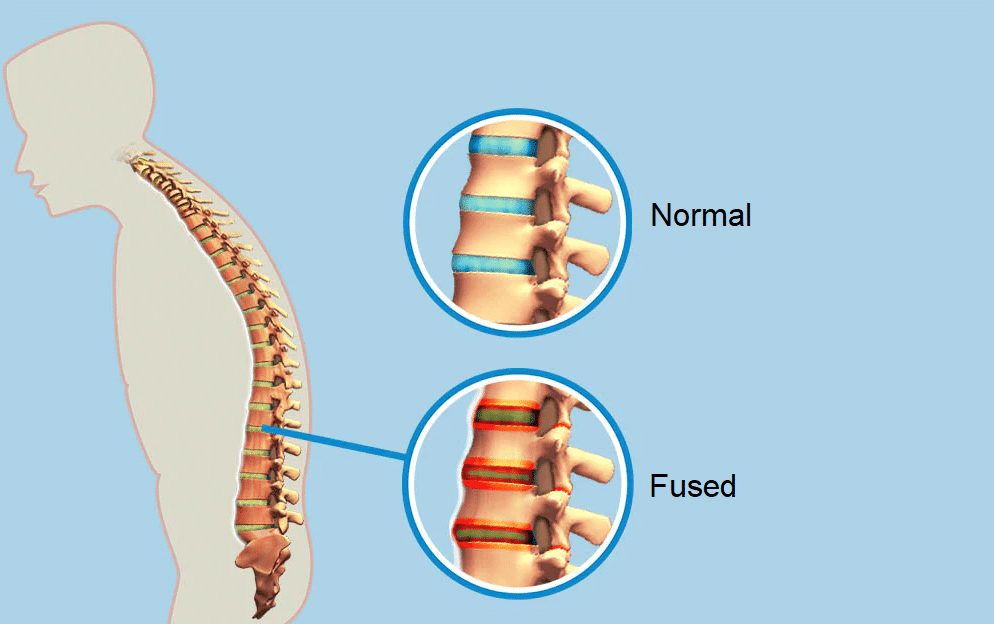Bechterew’s disease, also known as Ankylosing Spondylitis, is a type of arthritis that primarily affects the spine, although other joints can become involved. It causes inflammation of the spinal joints that can lead to severe, chronic pain and discomfort.
The exact cause is unknown, but it’s likely to involve genetic factors as the HLA-B27 gene is commonly found in people with this condition. The condition is more common in men and usually starts in early adulthood.
While there’s no cure for Bechterew’s disease, treatments can lessen your symptoms and possibly slow progression of the disease. These include physical and occupational therapy, exercise, medication (like nonsteroidal anti-inflammatory drugs, or NSAIDs), and potentially surgery for severe cases. Biological medications called TNF blockers have also been used with success.
Also known as Ankylosing Spondylitis. See more on Ankylosing Spondylitis from Mayo Clinic.
